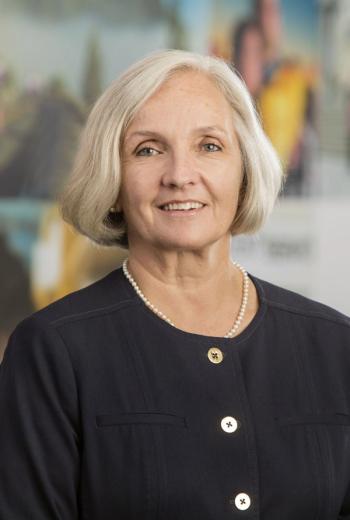
Amazon captured the industry’s attention once again when it announced it is acquiring online pharmacy PillPack for a reported $1 billion. Here’s how experts say it will affect managed care.

Amazon captured the industry’s attention once again when it announced it is acquiring online pharmacy PillPack for a reported $1 billion. Here’s how experts say it will affect managed care.

A Quest Diagnostics survey has surprising results about perceptions of physicians and health plan executives on progress toward value-based healthcare.

As enrollment surges in Medicare Advantage plans membership, here’s where overall customer satisfaction sits.

As more apps come to market, wearable users look for more sophisticated devices. Here are 10 of them.

A new study reveals what has happened in several areas of healthcare delivery following the ACA Medicaid expansion.

FDA’s approval of an expanded indication for a prostate cancer drug could net 2 pharmaceutical manufacturers billions of dollars.

Pharma makers are voluntarily recalling several drugs containing this active ingredient, used to treat high blood pressure and heart failure, since they may contain a carcinogen.

Marketing analytics can help drives decision making in healthcare. Here’s four best practices healthcare marketers should live by.

This month’s featured exec is Deborah Feldman, president and CEO of Dayton Children’s Hospital. Here, she sheds light on how the future of healthcare is shaping up, and how value-based care, the ACA, and pediatric pain management fit in.

A new Stanford University School of Medicine study sheds light on how physician burnout impacts medical errors.

The Trump Administration says AHPs will provide small businesses with more choices, access, and coverage options. Here’s what you need to know.

A neurologist and autoimmune expert at UT Southwestern shares insight into using large biobanks to understand and treat this rare autoimmune disease.

A Canadian study considers whether concerns over a link between the HPV vaccine and autoimmune disorders have merit.

Sometimes simple is better, particularly when you’re a busy healthcare executive. These 10 apps will take you only seconds to learn to use, but they will result in hours of time savings.

FDA okayed the first treatment for chronic sialorrhea, or excessive drooling, in adult patients.

Find out what’s in store for remote patient monitoring in a new CMS broad package of payment and policy changes for home health agencies.

A pharma maker is under fire for raising prices on its cancer drugs. Meanwhile, there were two major cancer drug approvals in June. Here are the top 3 cancer news articles in the past month.

Vaccines are an important part of creating “herd immunity” to keep infectious diseases in check. Here are three vaccine developments that have far reaching implications for public health.

A new Aetna study has surprising findings about how people are looking at their healthcare holistically and are seeking ways to improve well-being.

An RFI presents an important opportunity for the healthcare industry to educate CMS on current experiences and challenges.

A study from Brigham and Women's Hospital and the Harvard T.H. Chan School of Public Health finds an interesting link between high blood pressure in pregnancy and cardiovascular risk factors later in life.


A nonprofit organization is helping turn the tide on readmissions in North Carolina. The small steps it’s taking are resulting in big differences.

Gwen Nichols, MD, chief medical officer of the Leukemia & Lymphoma Society, offers a quick overview of current developments as well as a look forward.

Many healthcare organizations are expanding leadership roles to help meet business and patient-centered goals.

Access to medical records is key to building patient engagement. Here’s why some patients are struggling to access their own data.

The impact of diabetes can have a great impact on everyday life, according to a new survey. Here are some of the biggest effects, and how healthcare executives can help.

What does team-based cancer care done right look like? Here are two real-word models worth emulating.

These tools will reduce healthcare costs and improve care quality.

In previous studies, diabetes has been linked to cognitive impairment and an increased risk for dementia, but a new study sheds light on why that is happening.